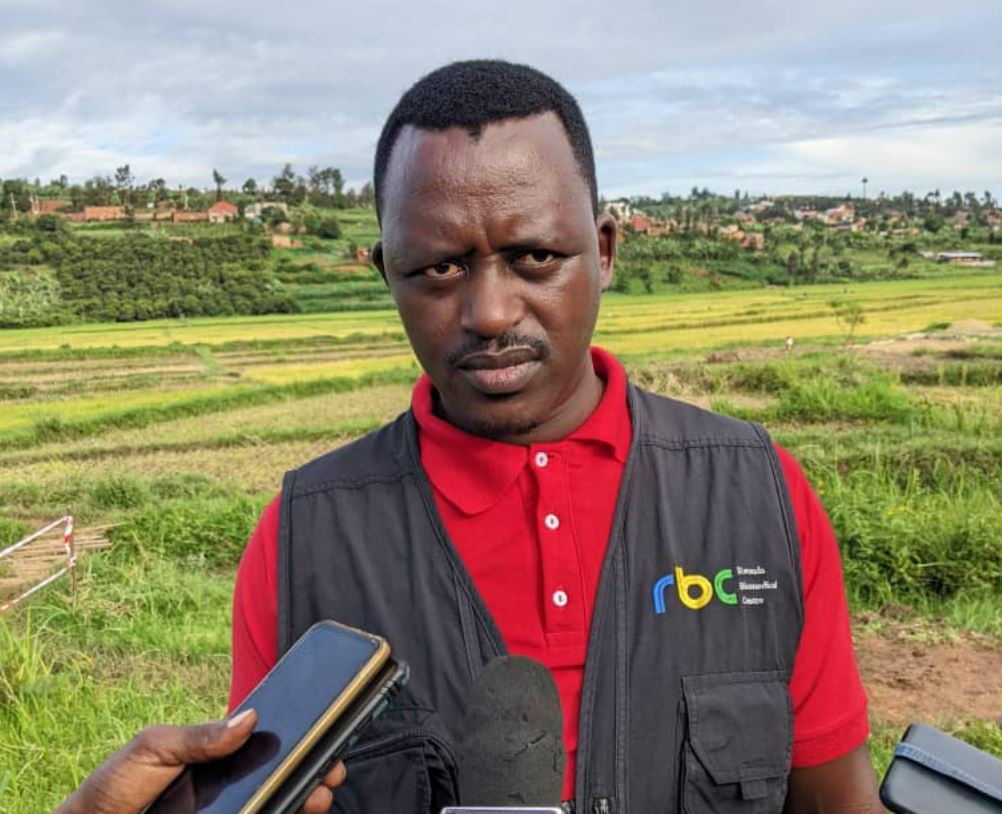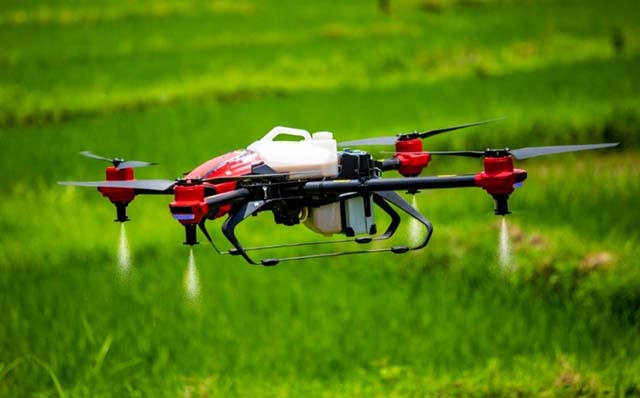Drones carrying a 10 litre tank of insecticide each to spray over vast mosquito breeding sites, such as swamps and stagnant water bodies, targeting mosquito larvae, have already yielded promising results.
Rwanda has been deploying these small aerial devices since 2020 as part of its national anti-mosquito drone program. Managed by the Ministry of Health, these drones are instrumental in combating the spread of malaria by targeting mosquito populations.
Phocas Mazimpaka, an official in charge of malaria prevention through Integrated Vector Management (IVM) at the RBC, highlighted the impact of this initiative, stating, “This initiative complements a set of existing strategies to prevent and combat malaria in the country.”
“Drone-based larviciding has revolutionized our approach to malaria prevention. Not only has it significantly reduced malaria cases in 2020, but it has also bolstered our ability to tackle this disease comprehensively.”
“Preliminary results demonstrate a significant reduction in mosquito density, thereby contributing to decreased malaria cases in targeted areas,” Mazimpaka explains.

Mazimpaka highlighted that the drones’ ability to cover vast areas and target mosquito breeding sites like swamps and stagnant water bodies has been instrumental.
“This initiative not only directly addresses mosquito larvae, which are the source of malaria transmission, but also minimizes environmental impact and reduces the risk of human exposure to insecticides. This is a game-changer in our fight against malaria.”
Mazimpaka elaborates on the operational efficiency of drones, covering around forty hectares in just 16 minutes. Video analysis and mapping of infested areas are swiftly executed, followed by insecticide treatment.
Highlighting the complementary nature of drone technology with traditional malaria control measures, the Ministry of Health emphasizes early diagnostic tests and the distribution of insecticide-treated mosquito nets to at-risk populations.
With different initiatives in place to fight against malaria, Rwanda is confident to be malaria free by 2030.


